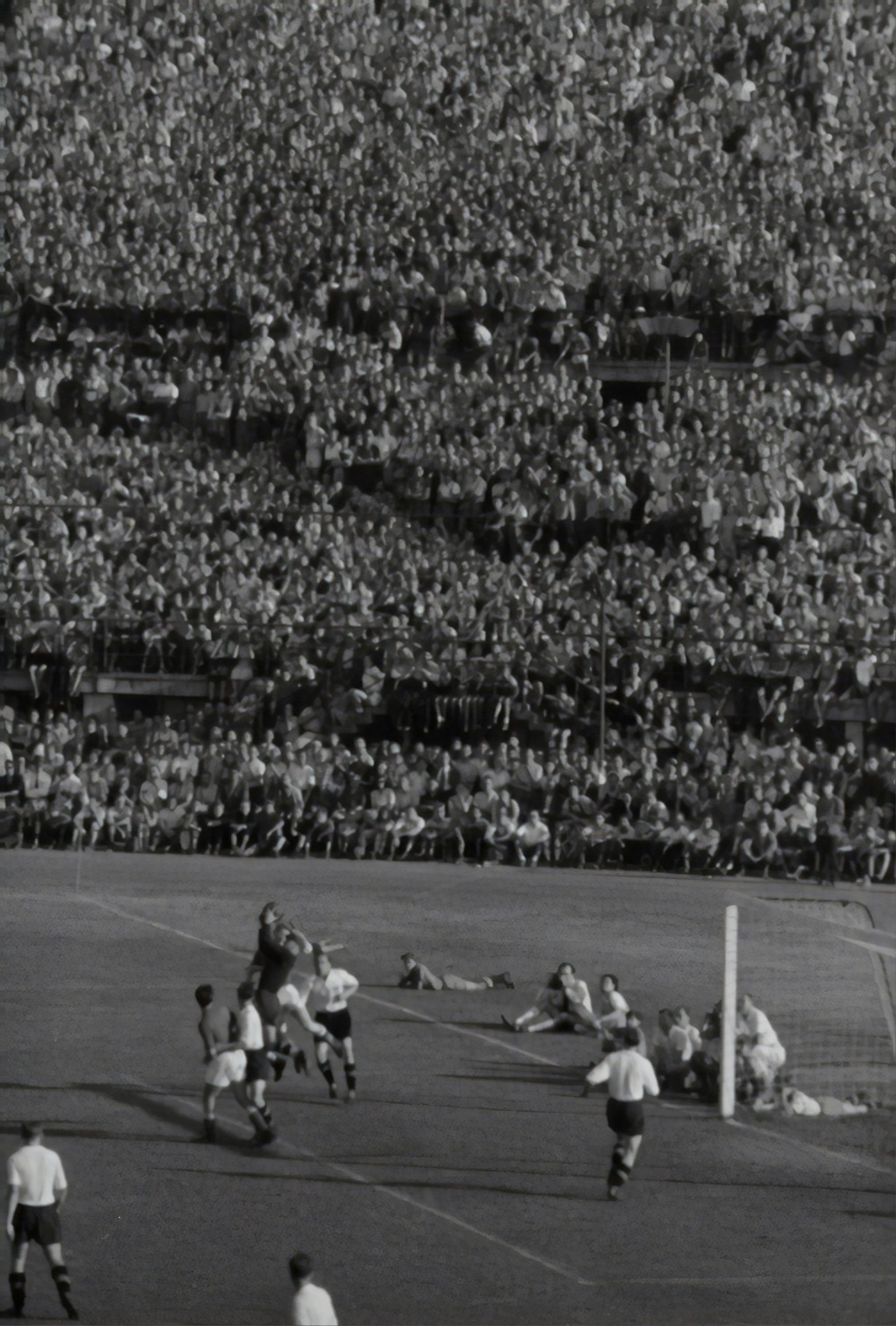
Effective Strategies for Developing Athletic Talent
Developing athletic talent requires a combination of strategic planning, dedicated training, and holistic support systems. Whether you’re a coach, athlete, or parent, understanding these effective strategies can significantly enhance the journey towards achieving athletic excellence.
Early Identification and Specialization
Identifying athletic potential at a young age is crucial. Early exposure to various sports allows young athletes to discover their strengths and interests. While specialization in one sport too early can lead to burnout or overuse injuries, gradual focus on specific skills can be beneficial. According to research, early diversification followed by specialization in mid-adolescence tends to produce better long-term outcomes.
Quality Coaching and Mentorship
Quality coaching plays a pivotal role in talent development. Coaches should possess not only technical expertise but also the ability to motivate and inspire athletes. According to a study published in the Journal of Applied Sport Psychology, “Effective coaches create environments that foster athlete motivation and development.”
- Provide personalized feedback and goal-setting sessions.
- Encourage a growth mindset to embrace challenges and failures.
- Use video analysis and performance metrics to track progress.
Structured Training Programs
Structured training programs tailored to individual needs are essential for long-term athletic development. These programs should include:
- Progressive skill development and conditioning.
- Periodization to manage workload and prevent injuries.
- Integration of mental skills training and sports psychology.
Case studies like the development of Olympic swimmer Michael Phelps highlight the effectiveness of systematic training under expert guidance.
Nutrition and Recovery
Proper nutrition and adequate recovery are often underestimated in athletic development:
- Ensure balanced meals rich in protein, carbohydrates, and essential fats.
- Hydration plays a critical role in performance and recovery.
- Implement rest days and quality sleep to optimize recovery.
Supportive Environment
An athlete’s environment significantly impacts their development:
- Supportive family dynamics and positive reinforcement.
- Access to facilities, equipment, and sports medicine professionals.
- Opportunities for competitive exposure at appropriate developmental stages.
Long-Term Athlete Development Model
The Long-Term Athlete Development (LTAD) model provides a framework for structuring an athlete’s journey from childhood to adulthood:
“LTAD emphasizes the importance of developmental stages, recognizing that athletes progress at different rates.” – National Strength and Conditioning Association
By understanding and implementing LTAD principles, coaches and organizations can optimize talent development while prioritizing the athlete’s well-being.
Conclusion
Effective strategies for developing athletic talent require a balanced approach that integrates early identification, quality coaching, structured training programs, nutrition, recovery, and a supportive environment. By implementing these strategies thoughtfully, athletes can maximize their potential and achieve long-term success in their chosen sports.
Continued research and adaptation of these strategies ensure that athletic development evolves with our understanding of human performance, setting the stage for future generations of athletes to excel.



